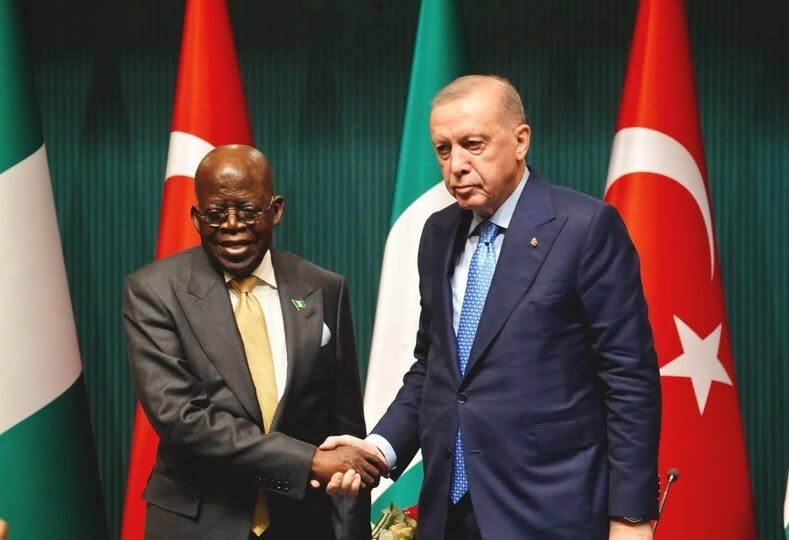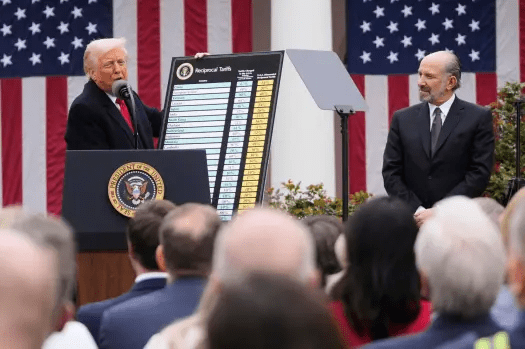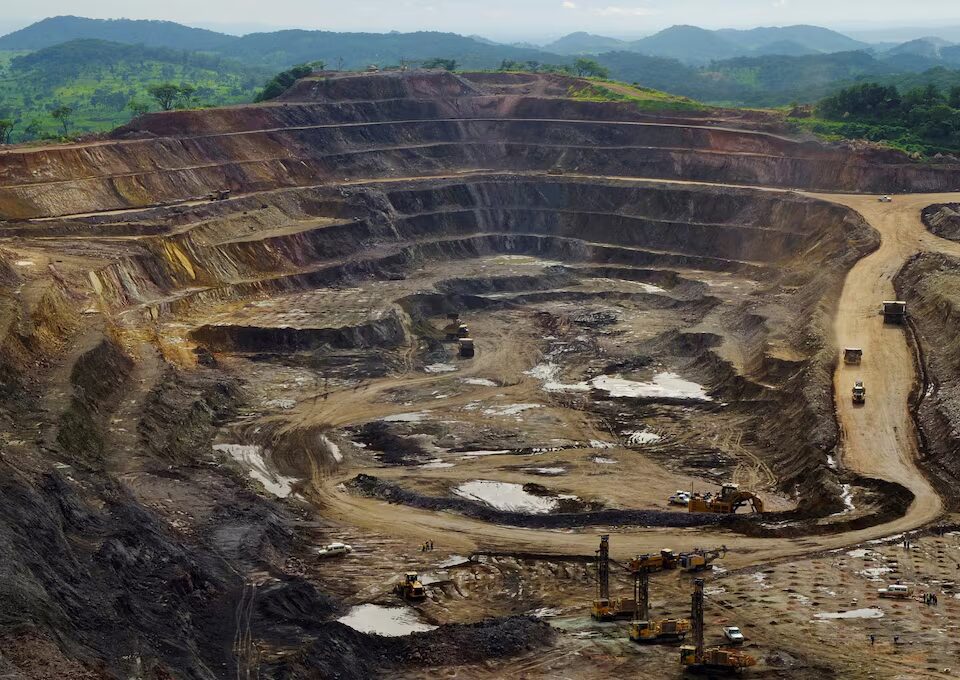
Wednesday 16th April 2025

By inAfrika Reporter
A controversial shift in U.S. trade policy is shaking the foundations of several African economies that rely heavily on exports to America. In early April, sweeping tariffs introduced under the Trump administration’s “reciprocal tariff” policy came into effect, impacting 20 African countries and beyond. The strategy, which calculates tariffs based on bilateral trade deficits rather than mutual agreements, has sparked widespread criticism and concern. Though President Donald Trump issued a 90-day pause on further tariff hikes for most countries on April 10, many African economies are already feeling the blow.
One of the hardest-hit countries is Lesotho, a small kingdom in Southern Africa where the textile industry serves as a vital economic lifeline. Under the African Growth and Opportunity Act (AGOA), Lesotho’s exports to the U.S. had previously enjoyed duty-free access. Now, with tariffs as high as 50%, factories that employ tens of thousands mainly women are bracing for cancelled orders, layoffs, or worse, complete shutdowns. Lesotho’s own tariff system, which imposes nearly 99% duties on U.S. imports due to its membership in the Southern African Customs Union (SACU), has made it a primary target under the U.S. formula, despite its limited global economic footprint.
Other African nations, including Kenya, Nigeria, Madagascar, and Morocco, also face rising tariffs on select products, raising fears of a broader disruption to U.S. Africa trade. The African Union has openly criticized the move, warning that it undermines the intent of AGOA, which was designed to help African countries grow their economies through increased exports to the American market. Trade experts argue that applying blanket tariffs to developing nations some of whom play only a minor role in U.S. trade imbalances is both unfair and economically unsound.
The timing couldn’t be worse. Many African economies are still recovering from the COVID-19 pandemic, grappling with inflation, currency instability, and shrinking foreign investment. For countries like Lesotho, which exported over $264 million more to the U.S. than it imported in 2022, the new tariffs could spell the unraveling of decades of economic progress. American officials defend the policy as a way to create a “level playing field,” noting that many African nations impose higher tariffs on U.S. goods than vice versa. But critics argue that this view overlooks structural inequalities in global trade and the developmental challenges faced by African exporters.
The 90-day pause announced on April 10 has done little to calm nerves. Business leaders across the continent are calling for urgent talks to secure exemptions for the least-developed countries, many of which are ill-equipped to absorb such economic shocks. Trade ministers from affected nations plan to convene soon to coordinate a collective response, with some considering consultations with the World Trade Organization (WTO) as a possible next step.
Beyond immediate economic implications, this tariff turbulence highlights Africa’s vulnerability in a rapidly shifting global trade landscape. The future of AGOA itself is now in question, especially as African countries begin implementing the African Continental Free Trade Area (AfCFTA), aimed at boosting intra-African trade. If the U.S. continues down this path, many African nations may look more seriously toward Europe, Asia, or even within the continent for alternative trade partnerships.
This episode also brings to light a deeper imbalance: Africa contributes relatively little to America’s overall trade deficit, yet finds itself disproportionately penalized. It’s a reality that will likely become a talking point in upcoming diplomatic and trade discussions. Long-term, the situation may push African governments to rethink their economic models focusing more on industrialization and building resilient domestic and regional markets to shield themselves from external policy shocks.
As the countdown on the 90-day reprieve begins, all eyes will be on how Washington and African leaders navigate what could either be a temporary disruption—or the beginning of a new era in global trade.


